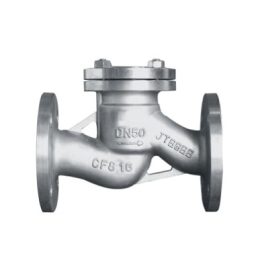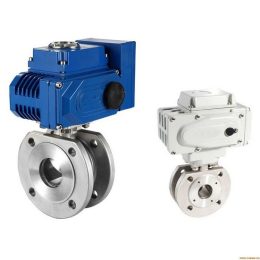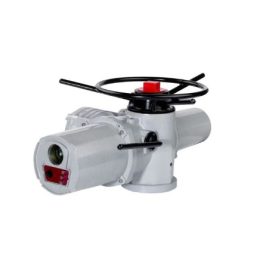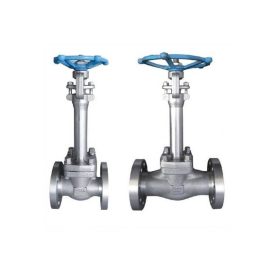Advantages of Manual Ball Valves in Petroleum and Chemical Industries
Manual ball valves have been widely used in my country since the 1950s, especially in the petroleum and chemical industries. Despite the gradual automation of electrical products, manual ball valves have not been eliminated, mainly because of their many advantages.
One of the main advantages of manual ball valves is the lack of friction in their switches. Their operation is easy to start and the valve is widely used in the petroleum and chemical industries.
In addition to this, the manual ball valve also has several other advantages:
- Low Fluid Resistance: The resistance coefficient of a ball valve is equal to that of a pipe section of the same length, and its fluid resistance is small.
- Tight and Reliable Sealing: The sealing surface material of the ball valve is widely used in plastics, which gives it good sealing performance. Therefore, it has been widely used in vacuum systems.
- Easy to Operate: The manual ball valve can be easily opened and closed by rotating it 90°. This makes it convenient for remote control.
- Easy Maintenance: The structure of the ball valve is simple and the sealing ring is generally movable, making it convenient to disassemble and replace.
- Wide Range of Applications: The manual ball valve can be applied from high vacuum to high pressure with a diameter ranging from a few millimeters to a few meters.
When fully open or fully closed, the sealing surface of the ball and the valve seat is isolated from the medium, and the medium will not cause erosion of the valve sealing surface when the medium passes. When the ball rotates 90 degrees, it should show a spherical surface at the entrance and exit, so as to cut off the flow.
Overall, the manual ball valve is a reliable and efficient equipment that plays a crucial role in the petroleum and chemical industries.
In addition to the advantages mentioned earlier, manual ball valves also have some disadvantages. One of the major disadvantages is that they can only be used for on/off control and cannot regulate the flow rate.
Despite this limitation, manual ball valves are still widely used in many industries due to their low cost, durability, and effectiveness in applications where precise flow control is not required.
In recent years, there has been a growing trend towards the automation of ball valves. Automated ball valves are equipped with electric or pneumatic actuators that allow for remote control and precise flow control.
Automated ball valves are especially useful in applications where frequent valve adjustments are required, such as in chemical processing or water treatment plants.
Overall, manual ball valves and automated ball valves both have their own advantages and disadvantages. The choice between them depends on the specific needs and requirements of the application.



